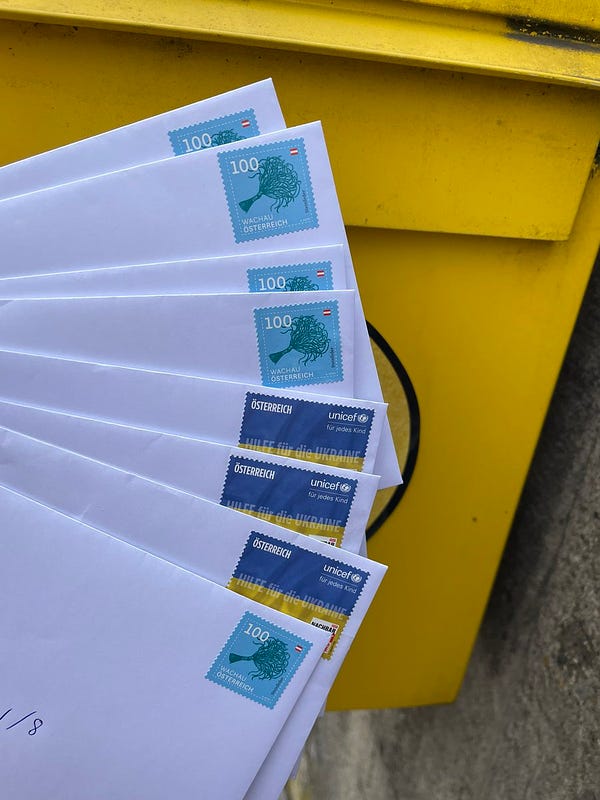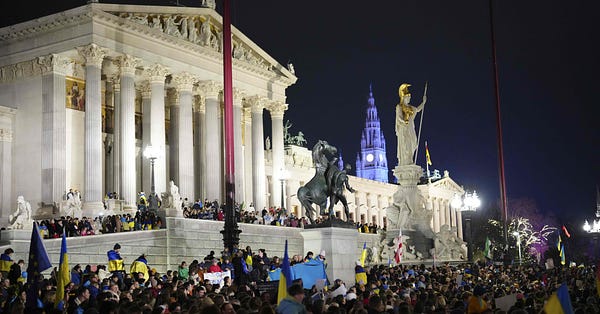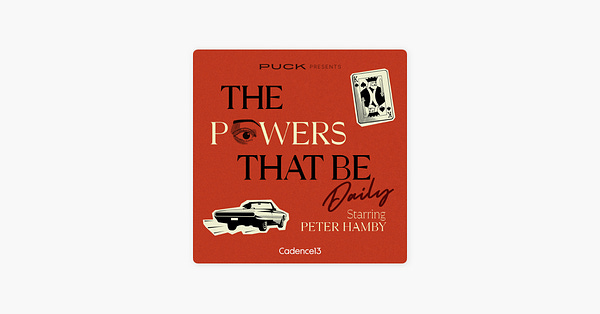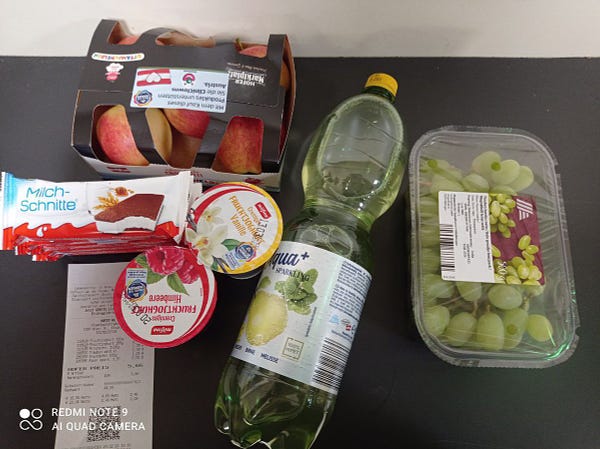I cannot believe it is March already. March! Picked up these beauties at Hofer yesterday when I was buying more cards. I was at the arrivals center in Vienna yesterday. There I met a woman whose story has left me thinking what more can be done to support Ukraine’s wartime economy. I am meeting more Ukrainians who came not because they are fleeing bombs, but because money ran out — back in Ukraine. They come in search of economic opportunities. Salaries cut, jobs lost, prices of some basic food items in Ukraine have reportedly doubled since the war started, savings nearly dried up — this is all driving some Ukrainians to spent their last €100 on a bus or train ticket to Europe.

These are different refugees in the sense they come seeking paid work rather than a peaceful sky. The peaceful sky is of course an added benefit. And then I feel like the devil itself when I have to be the bearer of bad news: if you enter into Austria’s Grundversorgung system, by asking for social payments and a room/bed, there are strict limitations on how much you can earn. It is a double-edged sword. There are able-bodied adults arriving now who want to work full-time, but cannot afford private housing. So they ask for organized social housing, and only then discover they cannot earn a full-time wage without losing said housing. The limit on how much one can earn is currently being raised, but the calculation has not yet really been made public, which means each Bundesland will do its own thing (when and how tbd at the mercy of a calculator in the hands of social worker). This makes it that much harder for economic migrants to make informed economic decisions.
The thing with economic incentives is humans respond excellently to them, but they need to be clear. If Europe wants to avoid millions more Ukrainians coming here, provided the Ukrainian army continues to hold back the Russians, as it has impressively done throughout most of this winter, Europe (and America, because let’s face it, nothing gets done without America) needs to support job creation IN Ukraine. Supporting the economy IN Ukraine. I guarantee a Euro spent in Ukraine will save five Euros spent in EU, but will that happen? Will policy makers make that connection? I only realised it over the past several months after speaking with women (and some men) who recently arrived in Austria and asking direct questions: where did you come from, why did you leave Ukraine now, what are your goals?
It is also challenging to have to explain to Ukrainians (because I feel honesty is the best policy so they can make informed decisions) that Austrian policy makers are not particularly concerned with getting the majority of refugees into paid work. The entire Grundversorgung system was created a) as a deterrent to other migrants from non-EU countries and b) to keep those migrants sitting still on a minimum of benefits and prevent them from earning real money. If there was real political will to change anything, Ukrainians would never have been put in this category of social aid in Austria in the first place.
Instead, what happens now is a very Austrian solution. Yes, Grundversorgung payments are minimal and very hard to survive on at today’s prices. But on top of the €260 per adult and €145 per child (again, in some states less, and in housing with “feeding” only €40 per month per person), there are new social payouts which every resident of Austria is entitled to, and Ukrainians are now enjoying them as well. The first is child benefit, around €140 per child per month. The only requirement is the child must be in education, not in work. Yes, it is a lot of paperwork and photocopying of documents and submitting papers and then waiting 3-4 months, but when the money is paid out, it is paid out backdated to the date of registration in Austria. Families are now asking about the new calendar year (their new “blue cards” are issued to March 2024 and are being sent at present to all Ukrainians by mail). The finance ministry is currently sending every Ukrainian parent who already received child support individual letters with instructions and asking for new documents for the coming twelve months. You get the idea — a paperwork hassle, but eventually it pays off. Who does this advantage? Those well enough informed to apply/navigate the paperwork. Not necessarily the neediest families.
The other payment Ukrainians have been receiving, those here for 183 days in 2022, is the “Klimabonus”, €500 per adult and €250 per child. This was another very strange decision by the Austrian federal government in the context of rampant 11%+ consumer inflation with no signs of stopping. The government decided to make a one-time payment to everyone living in Austria for at least 6 months of 2022, regardless of their income level. Again, this payment goes into the hands of those who have been in Austria the longest. Those who also had access to the first housing and job opportunities. New arrivals don’t receive this. The first-mover advantage continues.
In this context, my focus with the grocery card program continues to be new arrivals and those living in organized accommodation with only €40 per month pocket money. It was an important reminder to me yesterday, when speaking with the bookkeeper from Dnipro, that she did not arrive with any savings, unlike the refugees of March 2022, because she already drained her savings trying to survive one year of war within Ukraine. This is a huge difference. And now a fresh start will be more challenging — fewer available housing, rents have soared in Austria’s cities, and a first-mover advantage for those who fled the war immediately vs. those who waited a year to leave. All food for thought. This is why these in-person conversations are so important.
In other local news, do you all remember the two little girls who were airlifted to Vienna to be treated in intensive care after the tragic helicopter crash in Brovary which landed on a kindergarten? I opened Instagram yesterday, and saw a familiar face. We have been helping Katya (Anna’s mother) here in Vienna, with funds and with a meal delivery rotation. We have a group chat and Ukrainian moms are helping to cook and deliver food to the hospital for both parents and kids on a rotation. I have met two of Katya’s relatives when they came to visit by train. So nice to see both little girls are finally getting better. Their injured parents have also recently been transferred from Graz to Vienna. The full news report here.
I continue to deliver cards, and am very grateful to have received a few “bulk” donations, including a test of new technology. Hofer now offers the option to buy online gift cards, and send them by email. I do however have to still print them out; the fine print asks for a print out rather than a scan of a barcode on a smartphone at the till. But it is still progress. We tested it yesterday, and it worked just fine. I ordered some more printer ink. No big deal. Thank you for continuing to support our efforts.
A few other pieces of good news, which I share cautiously so as not to jinx things.
I received a call from a well-informed journalist last Friday, telling me the authorities in charge of the dorm in the 11th district have promised when they shut it down on April 15 to rehouse all residents in Vienna. This is really an important point because in the past, last spring, there were incidents of residents of that dorm being told “now you get on a bus to Linz or else”. Many residents have medical and other reasons for needing to be in Vienna. I am cautiously optimistic that the closure of this problematic dorm and rehousing of the over 200 (many vulnerable: handicapped, elderly, ill) residents in new housing in Vienna will hopefully actually be an improvement for them, particularly if they are housed with their own kitchen access and will therefore be able to receive €260 per month instead of the current €40 per month “pocket money” which barely covers the cost of transportation (Wiener Linien monthly pass costs €33 when you sign a one-year contract. No discount for Ukrainians). They cannot see the cafeteria “food” anymore. Fingers crossed.
I have been helping a family in a bit of a crisis and I am not sharing those details to protect their privacy. What I will say is it took only one week from recognition of full-blown addiction crisis to admission to in-patient medical care in a local hospital. As an American, I cannot believe it. This is the social public medical system in action. When it works, it works. I am crossing my fingers as hard as I can and will pay a visit in person this afternoon. The patient has asked for brown bread, salo, onions and garlic. I think that is a wonderful sign. I know this may be a long road ahead, but it is such a wonderful feeling to not be alone in this, to know medical professionals are now involved. I was, as for whatever reason I often am, simply the person who pulled the alarm bell when it needed to be pulled, because the family trusted me. I take that responsibly seriously. I still don’t understand how this all happened, how I ended up in this role, but I try to live up to it. One day at a time. And most importantly, to say when I don’t know, because I don’t have training in all this. I had a very helpful conversation with another volunteer last week, an expert in trauma. After speaking with this specialist, I walked away with a much better understanding of how to communicate with someone in an addiction crisis and why professional help is so important. The physicality of it being nearly impossible to detox on one’s own. I am so grateful for the connections I have made this year, for all I have learned and continue to learn.
Austria has been finally making a lot of international headlines for all the wrong reasons. I know this is a touchy subject for many. I wrote a tweet this weekend and it went fairly viral. I must have hit a nerve. I did not mean to bash Austria, rather to observe what I see as a behavioural pattern among official bodies. In this case, this bank is like an extension of the state when you look at its role in the countryside, ÖVP, and big business. Same could be said about OMV and its Russian gas contracts. Very hard to draw a line where state ends and private business begins. It’s a small country. Don’t get me started on “public” TV (I have been told multiple times by local journalists please not to call it “state” TV. I used to jokingly refer to it as Pravda TV and although that isn’t entirely fair there is also a grain of truth in that joke.).

What to read
FT on Raiffeisen and Falter on Raiffeisen (again) here.

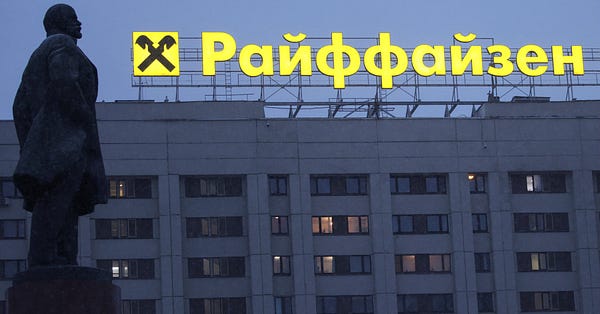

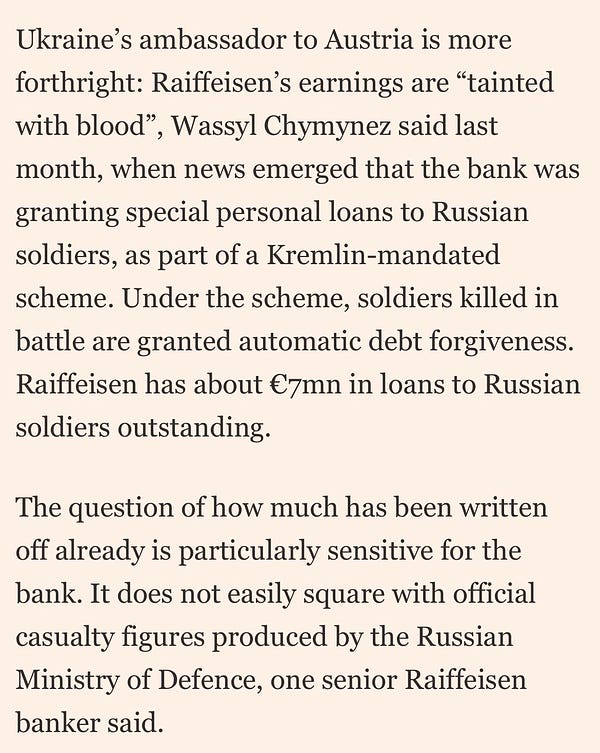
FT on Austrian neutrality
Very insightful re oil sanctions.

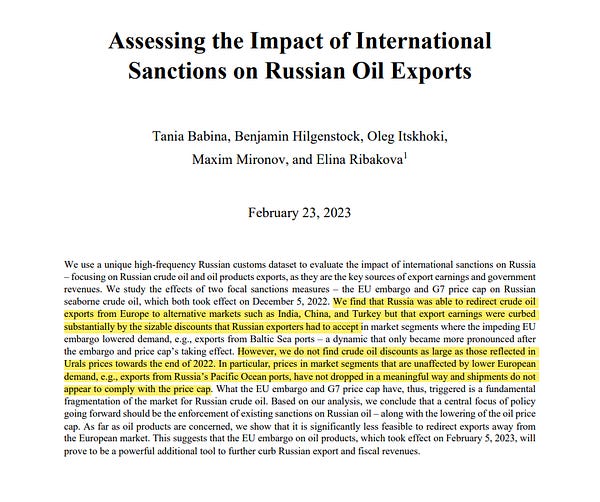
So many heartbreaking one-year anniversary of war in Ukraine pieces. These two are very good:

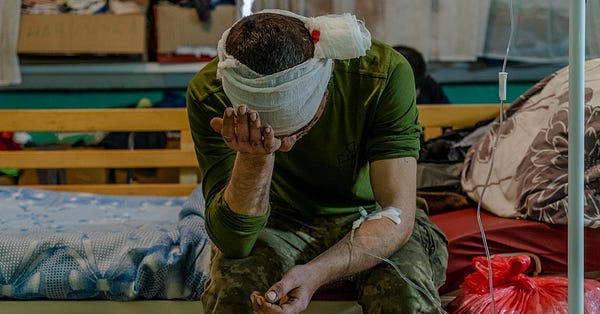


What to listen to:
Julia Ioffe so spot on re Russia today. Have a listen.
What to watch:
Proekt media YouTube two-part series on Putin’s not so secret wife and kids (they made the smart editorial decision to not expose the children) hidden wealth, compounds, secret trains, Cyprus offshores. It’s the classic oligarch story only so much worse. As they rightly conclude — he literally denies this family’s existence and they are hidden away. Even the tsar didn’t do that. Madman.

Boris Nemtsov 8 years ago. Eerie. For me personally, the moment he was killed (still remember where I was when I heard the news), was the moment everything started to go to shit. That downward trajectory has not stopped. Will not stop until Putin is gone. And now that video (see above) has left me wondering what will happen to his young secret family one day. Will they cut a similar deal like the Yeltsins? Far more importantly, of course, is what will happen to Russia as a whole. How does it one day emerge out of decades of slowly increasing repressions, mass propaganda, socio-economic decline, senseless and criminal military aggression, to find a new place in the world? Or it doesn’t. Or it just gets swallowed by China?

That’s probably more than enough for today. Thank you for reading and for your continued support!




